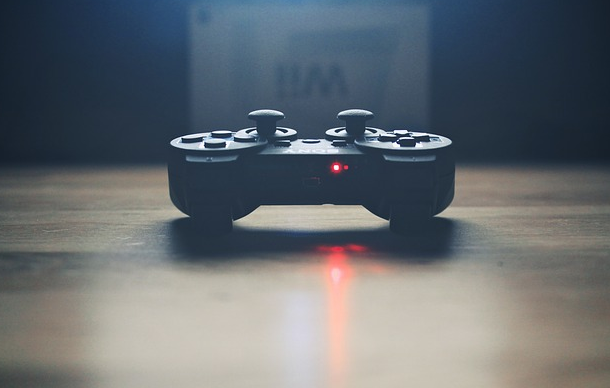Published: 11 November 2014
Region: Worldwide
 On Monday October 13th, the Utah State University Administration received an email warning that a shooting massacre would be carried out in one of its events. The speech of the feminist blogger who explores women’s portrayal in video games, Anita Sarkeesian, scheduled for the next day, was cancelled.
On Monday October 13th, the Utah State University Administration received an email warning that a shooting massacre would be carried out in one of its events. The speech of the feminist blogger who explores women’s portrayal in video games, Anita Sarkeesian, scheduled for the next day, was cancelled.

Like Sarkeesian, several other women in the video game industry have faced death and rape threats. Recently, an American game developer had to leave her home because of death threats against her and her family.
The harassment is supposed to be connected with an online campaign named GamerGate. “The outrage isn’t about ‘ethics’ or even really gaming. It’s about harassing women to protest the movement for female equality”, reports the Guardian saying: “Gamergate is loud, dangerous and a last grasp of cultural dominance of angry white men”. And although professionals in the industry do not come to terms about what exactly GamerGate is, many would agree that the video-game industry is sexist.
Denouncing this sexism was the original idea of Anita Sarkeesian when she started her project Tropes vs. Women in Video Games . Disappointed in the limited ways women are represented in video games, the project analyzes, through its video series posted in Feminist Frequency, some of the most common stereotypes of female characters in games.
“The harassment is becoming more intense towards women and other marginalized communities, and it seems to be happening more to women in male-dominated fields, and to women who speak out or make critiques”, said Sarkeesian in the interview for the Guardian.
Fat, Ugly or Slutty is another website project aiming to denounce the harassment that comes with playing online, the most popular way to play video games. Not dealing just with the computer or with a pre-coooked story but connecting with other gamers makes the videogame experience more interesting. However, it is not a free of sexism area and gamer women often face insults from gamer men. In Fat, Ugly or Slutty, users post the most common insults they received.
“But online harassment doesn’t exist in a vacuum”, writes Jessica Valenti in the Guardian and continues: “Sexualized threats, racial slurs and homophobic put-downs – whether delivered by a person or an army of hashtag enthusiasts – come from a place of socially ingrained fear and hatred.
It would be easy to assume that the current online backlash that many women face from Gamergaters and beyond is simply the domain of a handful of trolls and a few harmless kids. But we’ve seen the violence that sexist men can do when they don’t get what they want. And even after authorities found a 140-page misogynist manifesto from the California shooter who killed six people this year, women were cautioned against calling the crime one of sexism. What excuse will we use after the next inevitable act of violence? That we didn’t see the horror coming? Angry men are plainly telling us to expect it”.